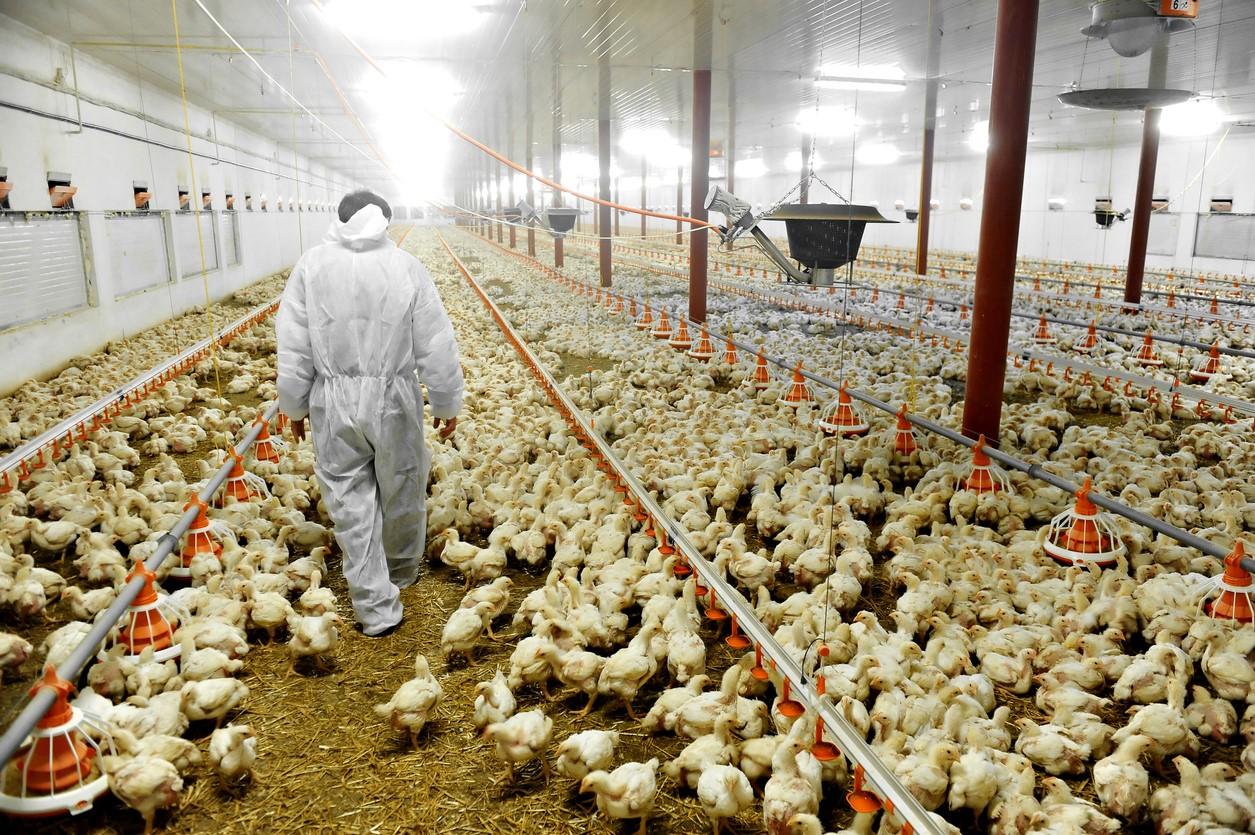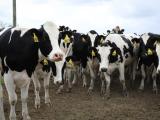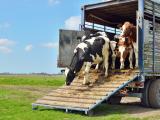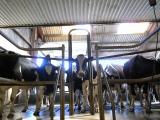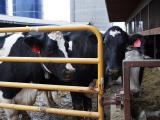The United Kingdom today said routine tests in poultry workers who had contact with infected birds turned up H5 avian influenza in two people who are asymptomatic.
In a statement, the UK's Health Security Agency (HSA) said the two people whose swabs were positive had recently worked at a farm in England that had an outbreak. Both people have since tested negative.
One case likely reflects environmental contamination
Timing and exposure suggest that one of the workers likely had contamination of the nose and throat from material inhaled, though it's unclear if the second positive result was from contamination or a true infection. The HSA said further investigation is underway, and as a precaution, health officials are tracking that patient's contacts.
Health officials in many countries routinely monitor poultry workers who are exposed to avian flu outbreaks. H5N1 infections are rare, but have been known to occur in people who have extensive contact with sick birds. However, positive tests from contamination, rather than infection, are also known to occur.
Similar situation played out in Spain, US
For example, in February, Spanish researchers detailed asymptomatic cases in two poultry workers who were involved in an outbreak response at a poultry farm. Though their initial nasopharyngeal swabs were positive, follow-up tests found low viral loads, lack of symptoms, and negative serology, suggesting that the test results were due to environmental contamination and not clinical illness. The United States reported a similar case in an individual who took part in a response to a poultry farm outbreak in Colorado in 2022.
The HSA said poultry workers are asked to take swabs of their nose and throat in the 10 days after exposure to avian influenza. In some instances, they are asked to provide a blood sample to see if health workers can detect antibodies to the virus.
Closely tracking ongoing risks
Susan Hopkins, MB BCh, the HSA's chief medical officer, said current evidence suggests avian flu viruses currently infecting poultry don't spread easily to people. "However, we know already that the virus can spread to people following close contact with infected birds and this is why, through screening programmes like this one, we are monitoring people who have been exposed to learn more about this risk," she said.
We know already that the virus can spread to people following close contact with infected birds.
She added that there's no evidence that the strain can spread among people, "but we know that viruses evolve all the time and we remain vigilant for any evidence of changing risk to the population."
